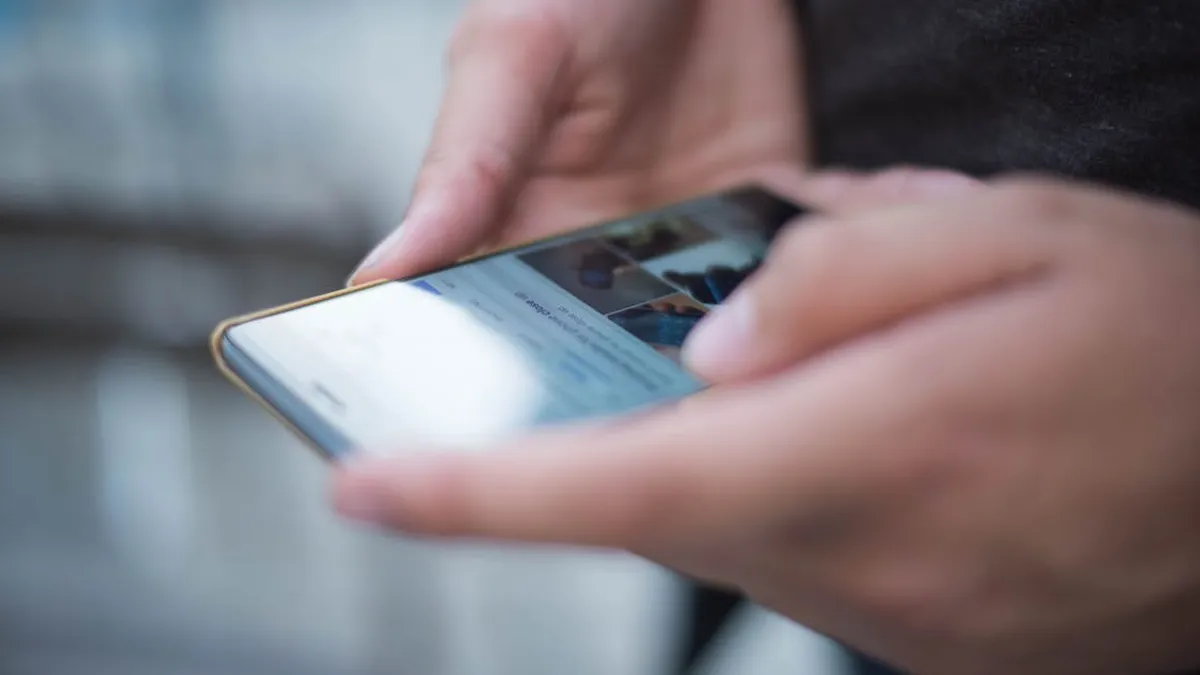Dive Brief:
- More than 71,000 Twitter users have started blocking hundreds of major brands, including Nike, Pepsi, Uber and McDonald's, in a boycott aimed at putting pressure on the social platform to permanently ban Alex Jones, the far-right conspiracy theorist and InfoWars host, according to a report in Adweek.
- Blocking brands could limit the reach of their promoted tweets and other ads from showing up on users' timelines. Other brands being blocked include Red Bull, Starbucks, IBM, Cisco, Microsoft, Wells Fargo, Visa and Capital One.
- Apple, Spotify, Facebook, YouTube and Vimeo have already banned Jones. Twitter has been criticized for keeping his account active, but the company has claimed that neither Jones nor InfoWars' pages have violated its policies. However, a CNN report last week identified several of Jones' tweets that appear to violate Twitter policies, which forbid hate speech, harassment and other abusive content. Earlier this week, Twitter locked Jones and InfoWars' accounts temporarily after Jones told his supporters to get their "battle rifles" ready in a livestreamed video on Twitter's Periscope service.
Dive Insight:
Consumers wield a considerable amount of power on social media and continue to leverage that positioning to hold brands and platforms accountable for perceived missteps. This time, Twitter users are hoping to force major brands and digital advertisers, which will see their ad impressions drop, to be the change-makers that spur the platform to ban one particular creator of offensive content.
Similar efforts have been successful in the past. Over a three-month period last year, far-right news site Breitbart lost 90% of its advertisers and saw a 13% drop in traffic after grassroots movements pressured advertisers to boycott the site, which regularly features inflammatory political views. Sleeping Giants, a page dedicated to calling out advertisers still appearing on Breitbart, helped lead the charge.
In today's divisive political and social climate, consumers are demanding brands to take action, and two-thirds think brands should take a public stance on important issues like immigration and race relations, according to a report by Sprout Social. Most consumers surveyed by Sprout Social said brands should share their opinions on social media. Millennials, more than other generations, also make no qualms about calling out brands online over unfair treatment or other issues.
While it's unclear how brands will react to the recent surge in Twitter blocks, marketers need to act swiftly to maintain a positive perception with consumers. Social media brand boycotts can be rough, and sometimes difficult to bounce back from. In March, United Airlines saw a 140% increase in negative sentiment on social media after a French bulldog puppy died aboard a flight. A flight attendant reportedly forced the dog's owner to stow the puppy's kennel in an overhead compartment.














